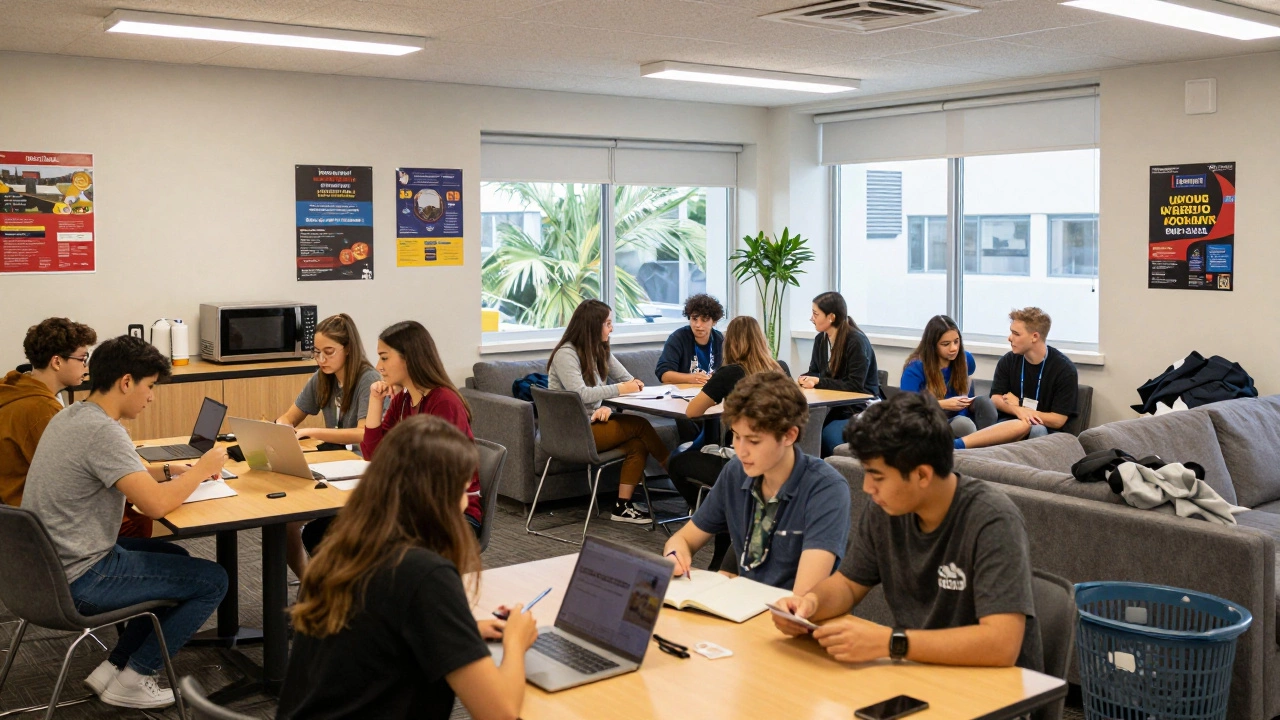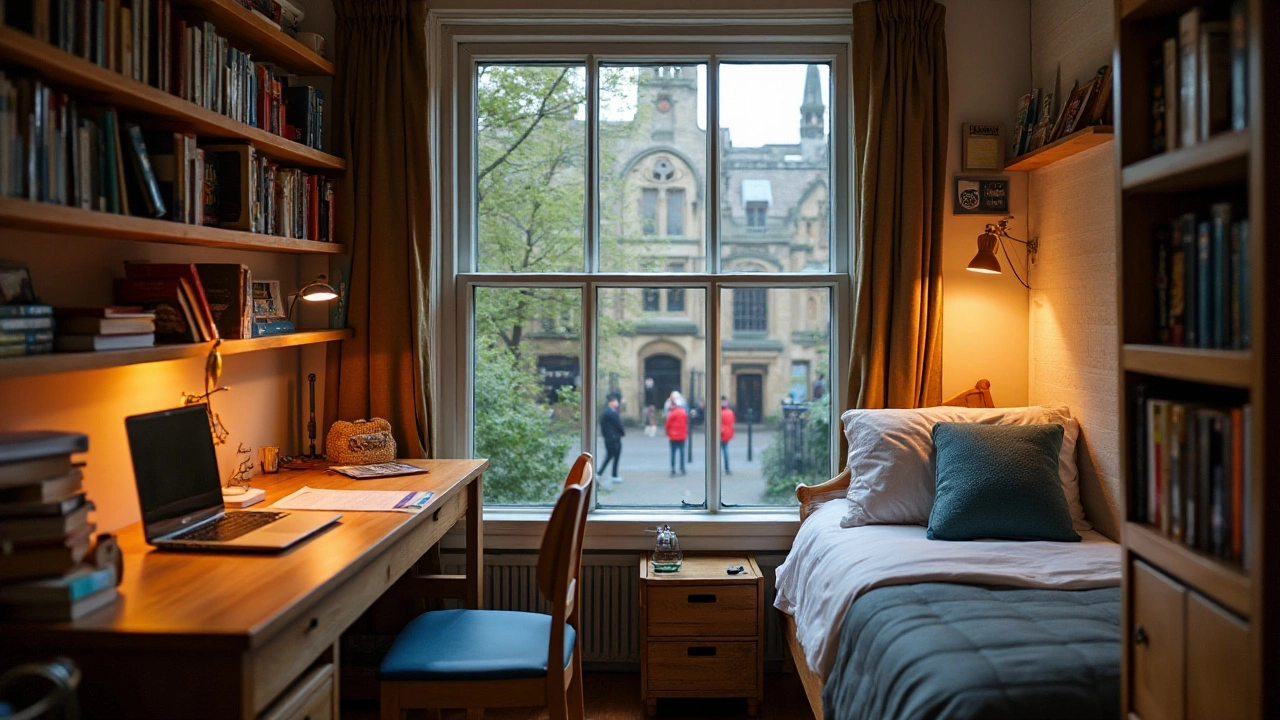Student Accommodation: What You Need to Know Before You Sign a Lease
Looking for a place to live while you study can feel like a full‑time job. You want something safe, affordable, and close enough to campus so you don’t waste hours commuting. The good news? Most student housing options today bundle the basics you need – Wi‑Fi, utilities, furniture – into one monthly payment, so you can focus on classes instead of juggling bills.
First, figure out what type of setup fits your lifestyle. On‑campus dorms give you easy access to lectures and social events, but they often come with strict rules and shared rooms. Private halls or purpose‑built student residences, like iQ Accommodation, offer studio‑style rooms, en‑suite bathrooms, and communal lounges. Off‑campus flats give you real independence, but you’ll need to sort your own internet, insurance, and sometimes even a cleaning service. Knowing the trade‑offs helps you narrow down the list fast.
What’s Usually Included in Student Housing?
Most providers bundle the essentials: a bed, desk, chair, and wardrobe, plus a well‑lit room with heating and air‑conditioning where needed. Bills for electricity, water, and internet are often rolled into the rent, which means one simple payment each month. Look out for extras like laundry facilities, bike storage, and 24‑hour security – they can save you time and add peace of mind. Some complexes even run social events, study rooms, and gyms, turning the building into a mini‑community.
If you’re eyeing a place like iQ, check the fine print. Some listings include all‑inclusive pricing, while others charge extra for things like parking or premium internet speeds. Hidden costs can creep up, so ask about cleaning fees, deposit return policies, and any mandatory insurance. Knowing what’s covered up front stops nasty surprises later.
How to Choose the Right Spot for Your Studies
Location matters more than you think. A short walk or bike ride to campus can free up hours for studying, part‑time work, or a social life. Use Google Maps to check commute times during peak hours, and ask current students about safety in the neighbourhood. Proximity to grocery stores, libraries, and public transport also adds convenience.
Budget is another big factor. Average student housing in the UK ranges from £400 to £800 per month, depending on city and amenities. Set a realistic budget that includes food, transport, and entertainment. If you’re tight on cash, consider sharing a flat or looking for rooms in university‑owned halls, which often offer lower rates for early applicants.
Finally, visit the property if you can. Walk through common areas, test the Wi‑Fi, and talk to current residents. Their experience will tell you whether the advertised “all‑inclusive” price really matches daily life. When you find a place that checks most of your boxes, act quickly – good student housing doesn’t stay on the market for long.
Bottom line: know what’s included, compare costs, and prioritize location and safety. With those basics covered, you’ll be set to enjoy a comfortable, stress‑free year of study.





